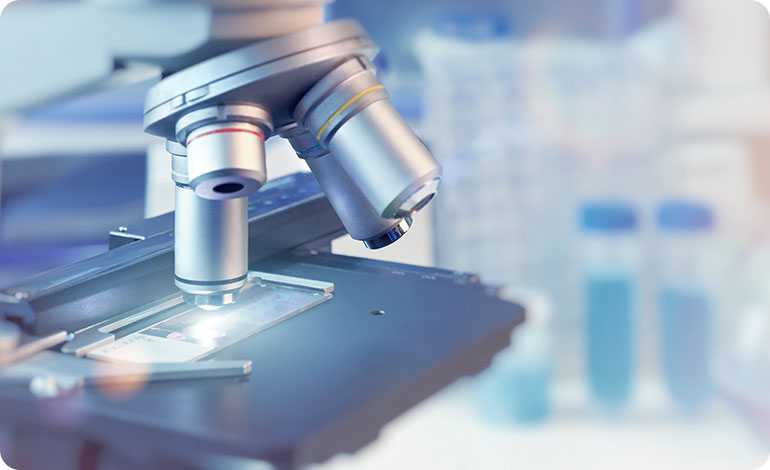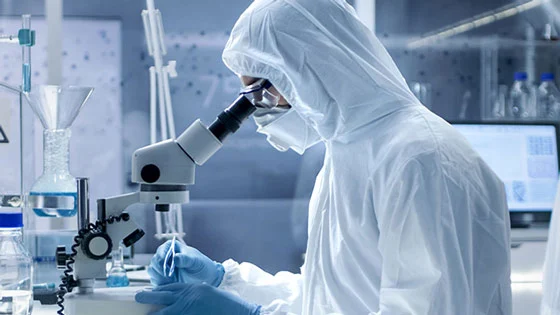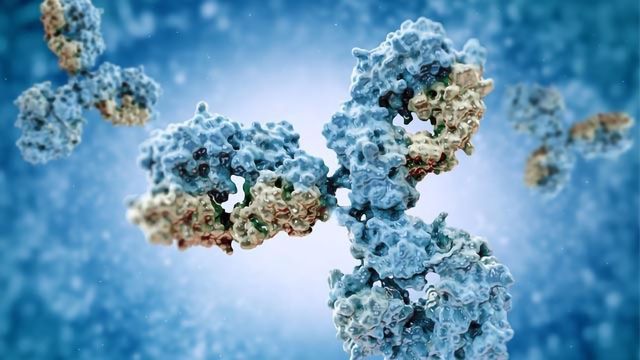- [email protected]
- 27-31 Wright St, Clayton VIC 3168
- Contact
Blog Details
-
EZADEH > My research > Mass Spectrometry a helpful analytical tool that measures mass to charge ratios of molecules
06Mar
Mass Spectrometry a helpful analytical tool that measures mass to charge ratios of molecules
by Elazadeh, 0 Comments

Mass spectrometry is used for diverse applications, including carbon dating, drug testing, and protein identification. What makes mass spectrometry uniquely powerful for scientific research. Mass spectrometry is uniquely amongst spectroscopic technique since it not only gives you a spectrum, it is also a separation technique where the ionized molecules themselves are physically separated by mass-to-charge. This makes mass spectrometry uniquely powerful for solving complicated problems, which is one of the underlying reasons why it has become one of the dominant analytical methodologies of the 21st century.
There are three different areas where mass spectrometry instrumentation and methodology have changed over time. The first is ionization methods. Historically, we could ionize things that you could put into the gas phase by hitting them with electrons (electron ionization). Today, we can easily ionize proteins and peptize very large biological molecules, even DNA. That has been driven by advances in ionization methods. The second involves new ways of putting mass analyzers together. High-resolution mass spectrometry with new kinds of analyzers has become incredibly important.
Finally, there is the realization that mass spectrometry produces enormous amounts of data. Computerization of mass spectrometry has become increasingly important, and today you need a hard drive next to your mass spectrometer that holds terabytes of data to take even a week or two’s worth of data. Excepteur sint occaecat cupidatat non proident, sunt in culpa qui officia deserunt mollit anim id est laborum. Sed ut perspiciatis unde omnis iste natus error sit voluptatem accusantium doloremque laudantium totam rem.



-
Tags:
- Laboratory techniques
